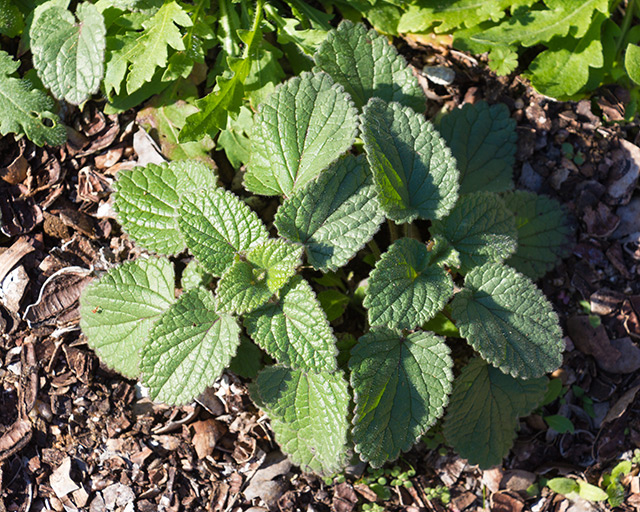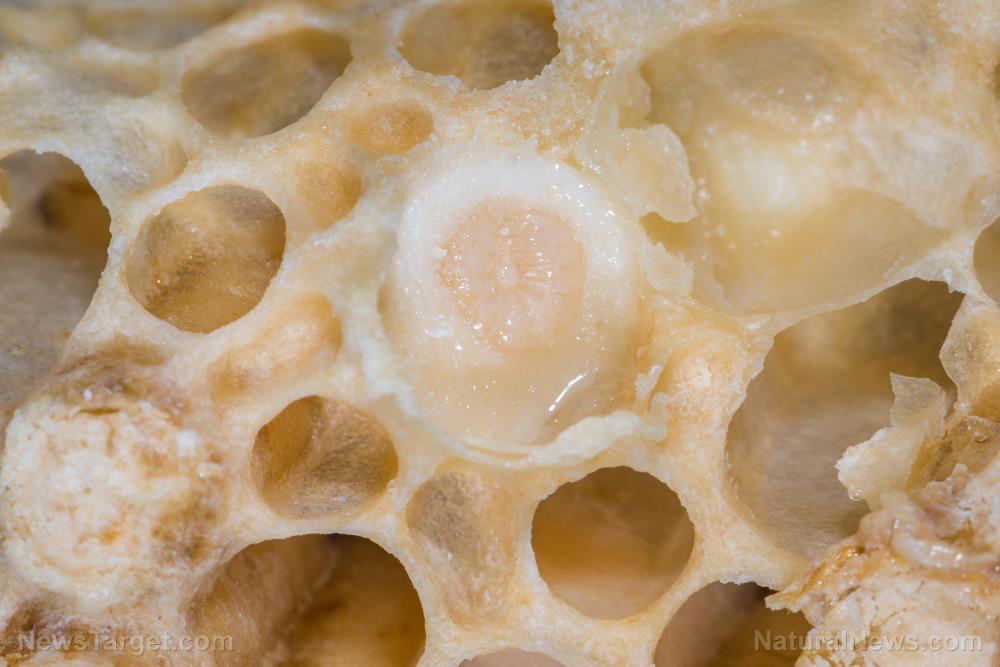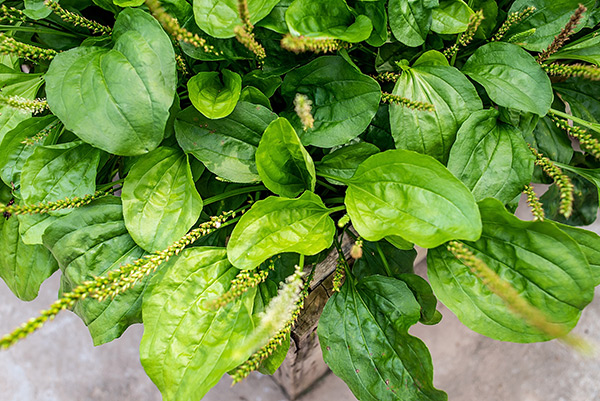Which herbal treatments in TCM help boost memory?
02/10/2020 / By Evangelyn Rodriguez

Mild cognitive impairment (MCI) is defined as the transitional stage between cognitive decline caused by aging and severe cognitive decline caused by brain disorders, such as Alzheimer’s disease and dementia. Research suggests that the prevalence of MCI increases with age, affecting about 25.2 percent of adults between the ages of 80 and 84.
Over the years, scientists have tested different drugs for MCI, mainly acetylcholinesterase inhibitors (AChEIs) like donepezil, rivastigmine and galantamine. While the results of clinical trials point to some positive effects, recent meta-analyses suggest that these drugs provide no significant improvements on cognitive function. If anything, the use of these AChEIs increases the risk of adverse events, such as diarrhea, nausea, muscle spasms, insomnia, headache and abnormal dreams.
This has led to a rise in the use of herbal medicines for the treatment of MCI and related disorders. In China, clinicians often prescribe herbs and dietary supplements, in combination with regular exercise, to improve cognition. Recent studies also support the use of these natural medicines, finding more evidence of their benefits than that of conventional medications.
Chinese herbal medicines improve cognition in people with MCI
In an article published in The Journal of Alternative and Complementary Medicine, researchers from the Royal Melbourne Institute of Technology (RMIT) in Australia evaluated clinical evidence for various Chinese herbal medicines (CHMs) used to treat MCI. They searched five biomedical databases for randomized controlled trials that compared orally administered CHMs with a control group.
The researchers used the Montreal Cognitive Assessment (MoCA) to assess changes in cognition. MoCA is often used to evaluate the effects of various CHMs on MCI. The researchers based their analyses on comparisons between the treatment and control groups, as well as on control intervention and study duration.
Of the nineteen studies included, 16 contributed to data analyses. Three studies were placebo-controlled; nine compared a CHM with pharmacotherapy; three combined a CHM with pharmacotherapy; and one combined CHM with cognitive training.
In two placebo-controlled studies that lasted 24 weeks, results favored CHMs at the end of treatment. Compared with the placebo group, participants who took oral CHMs had improved MoCA scores after treatment. (Related: TCM helps patients with mild cognitive impairment reduce some symptoms.)
Meanwhile, two studies that used bu yang huan wu tang — a CHM formula with neuroprotective properties — in combination with donepezil reported improvement in the integrative groups, although treatment lasted only eight to 12 weeks. Bu yang huan wu tang is commonly prescribed to stroke patients because it can promote neurogenesis.
Based on the improvement in MoCA scores, the researchers concluded that oral CHMs, particularly bu yang huan wu tang, are effective treatments for MCI, and future studies should include their ingredients in test formulations.
Traditional Chinese medicines that improve cognitive function
Many herbs used in traditional Chinese medicine (TCM) are known to preserve memory. Several studies have explored the potential of these natural medicines and found them to be just as effective, if not more, as conventional drugs at improving cognition and activity of daily living (ADL) in patients with Alzheimer’s disease. Here are some well-studied TCM formulas that provide better results than donepezil.
- Qin xin yi zhi decoction — consists of 10 Chinese herbs, including licorice root, Cassia twig and red peony
- Cong rong yi zhi decoction — consists of five Chinese herbs, including tuber fleeceflower and lotus leaf
- Rehmanniae decoction — consists of 12 Chinese herbs, including cinnamon, poria mushrooms and magnolia berry
- Jia wei zuo gui wan — consists of nine Chinese herbs, including red sage, Deerhorn glue and Chinese yam
- Bu yang huan wu tang — consists of seven Chinese herbs, including Astragalus root, peach kernel and Chinese angelica
- Reinhartdt and sea cucumber — consists of sea snake extracts, sea cucumber and grass-leaf sweet flag
- Wen pi tong luo kai qiao tang — consists of seven Chinese herbs, including bitter cardamom, Chinese foxglove and Chinese ginseng
Several studies have demonstrated the effectiveness of CHMs in treating a variety of health problems. Read more about what these natural medicines can do for you at ChineseMedicine.news.
Sources include:
Submit a correction >>
Tagged Under:
alternative medicine, brain function, brain health, Chinese medicine, cognitive health, herbal medicine, Herbs, natural cures, natural medicine, prevention, remedies, research, TCM
This article may contain statements that reflect the opinion of the author
RECENT NEWS & ARTICLES
COPYRIGHT © 2017 CHINESE MEDICINE NEWS





















